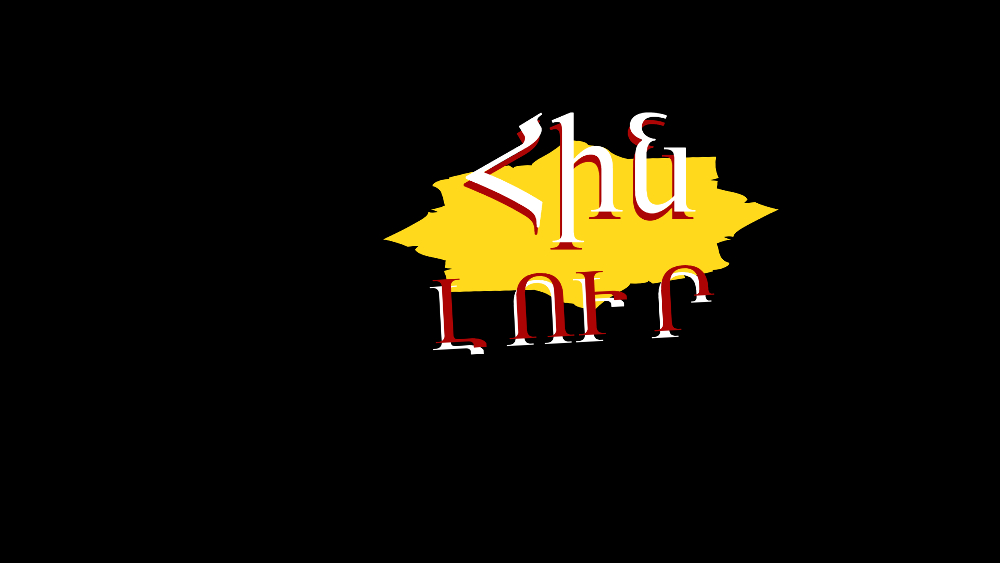Finding good news in uncertain and tense situations is difficult. Even the best news takes on a tone of inopportuneness and is placed next to alarming and worrying news as an attempt at counterbalance.
There may be an explanation that the press freedom index, which was published in May, began circulating on August 10 on social networks and among some media outlets. But there’s no meaning.
The annual report of the “Reporters Without Borders” organization, which is published on World Press Freedom Day, May 3, 2022, changed the methodology of compiling the index, and the standard of press freedom was not so much the independent and free work of the media, rather in a broad sense, the realization of citizens’ rights of expression on social media.
Freedom of media was considered freedom of expression for everyone. The political factor of measuring the index has decreased and has expanded to include social media. And the “Reporters Without Borders” organization had previously mentioned this and went so far as to request that no comparisons be made with the data of the previous reports because a completely different logic will be used from now on.
But let’s compare: In 2021, Armenia was 63rd, and in 2022 – 51st. The index is good, and the news is good, especially since our index is the best in our region. But why remember it three months later, when the news was already successfully archived?
The answer to the question is this: what else is there to remember?
Perhaps the members of the ruling political party thought this and decided to remember the good and exciting things. The fact that Armenia is a leader in the region. At least in the media sector. And it will remain so for at least one year, until the new report.
The MPs wrote about it, the media republished what they wrote, and there was a small wave in which Armenia was the leader. Then what?
Then a serious question arises regarding the activity of the Public Broadcaster. The archived news was broadcasted by Public Radio, Public Radio’s news channel (which currently does not have a terrestrial broadcast due to the court’s request, but works online) with the latest date and without informing the audience about it.
We can safely accept that the quantity of news (even at the expense of quality) is very important for some media, which can turn Facebook posts into media news without specifying the context, schedule, or adding or subtracting anything. For example, this piece of news.
But Public broadcasters are not the place to make such careless or politically short-sighted steps. At least they understand that it makes no sense to look for good news in the drawers of the archives or in the visions of Armenia in the lead dreamt up by deputies.
Although this is a small topic, it is a good exercise to bring together the basic rules of media literacy. It is not important what they write, what matters is when they write. And who.
Nune Hakhverdyan







